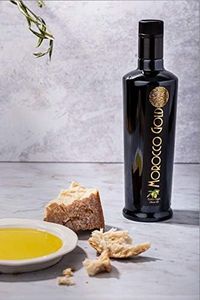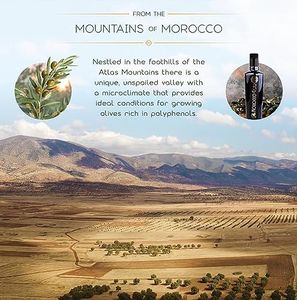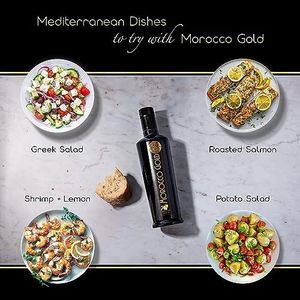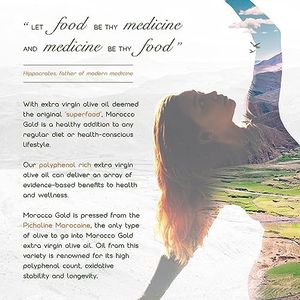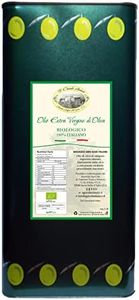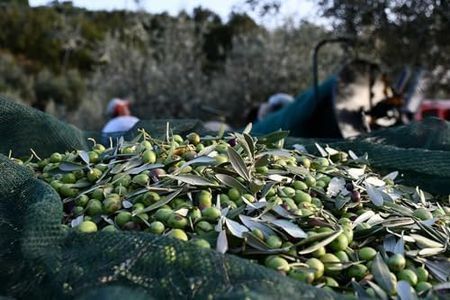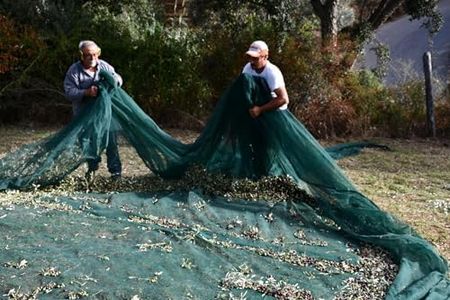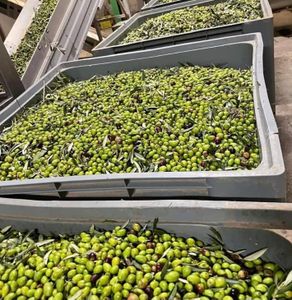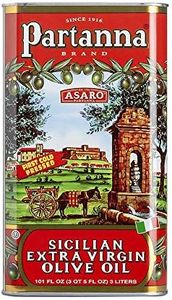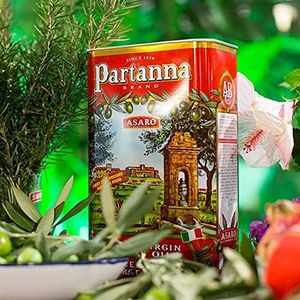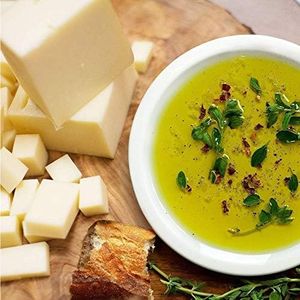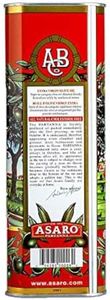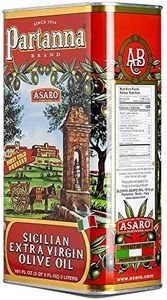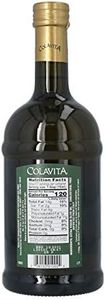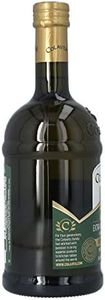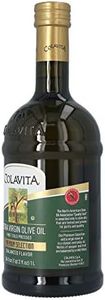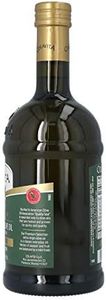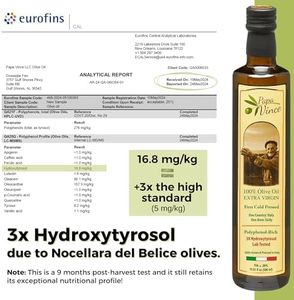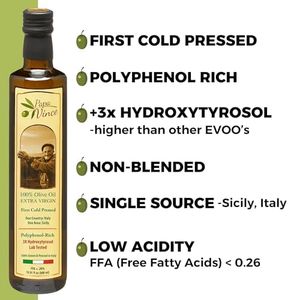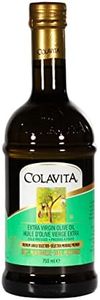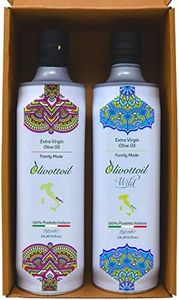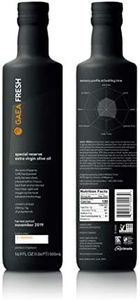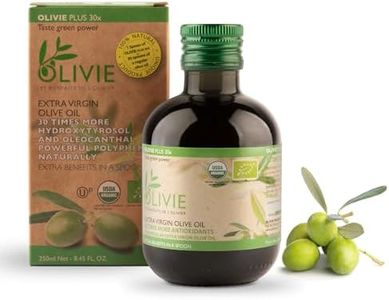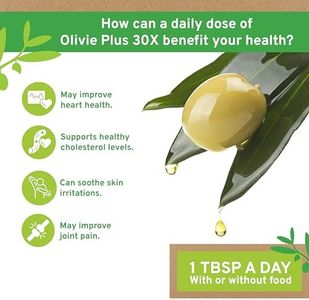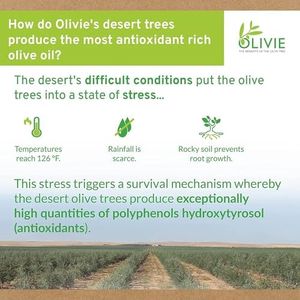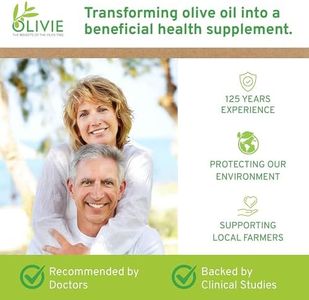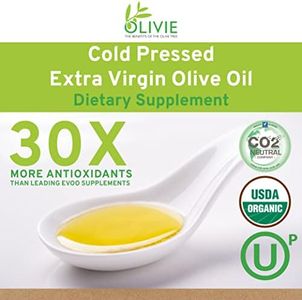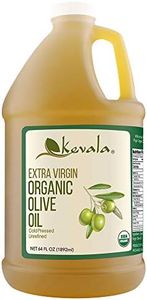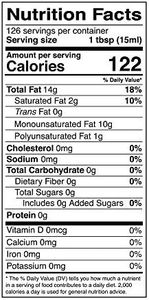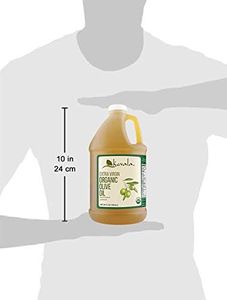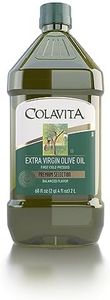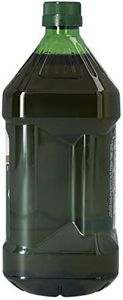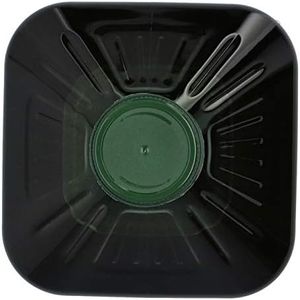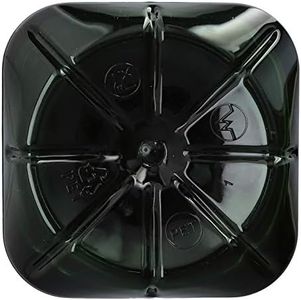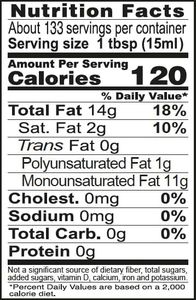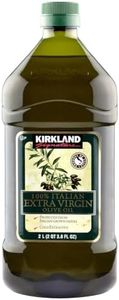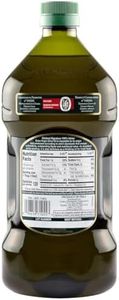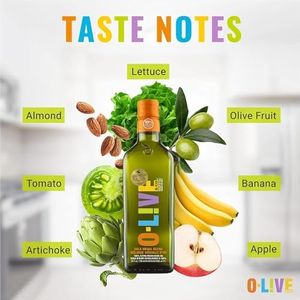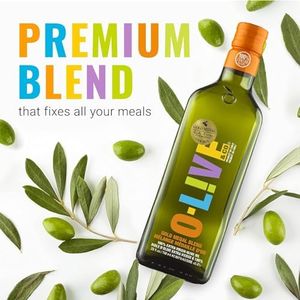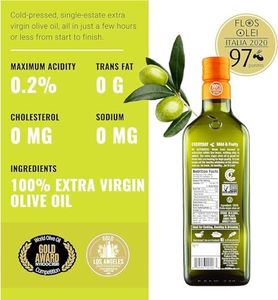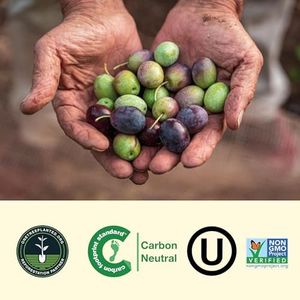We Use CookiesWe use cookies to enhance the security, performance,
functionality and for analytical and promotional activities. By continuing to browse this site you
are agreeing to our privacy policy
10 Best Olive Oils
From leading brands and best sellers available on the web.Top 10 Best Olive Oils 2025 in Canada
#1
Winner
Morocco Gold Single Estate Extra Virgin Olive Oil, Unfiltered, Unblended, High in Polyphenols, Pure & Natural, 500ml
Morocco Gold Single Estate Extra Virgin Olive Oil, Unfiltered, Unblended, High in Polyphenols, Pure & Natural, 500ml
Type (Extra Virgin, Virgin, Pure, Light): Extra Virgin
Acidity Level: 0.37%
Flavor Profile: fresh, grassy
Harvest Date and Freshness: New Harvest, cold pressed 24h
Packaging: dark bottle
Origin and Certification: Morocco Atlas, non-GMO, additive-free
Chosen by 1285 this week
100% Italian Organic Extra Virgin Olive Oil 1 tin of 5 litres
100% Italian Organic Extra Virgin Olive Oil 1 tin of 5 litres
Type (Extra Virgin, Virgin, Pure, Light): Extra Virgin
Flavor Profile: robust olive flavor
Packaging: 5-liter tin
Origin and Certification: Italian Organic, Calabria, Santa Sofia
Partanna Extra Virgin Olive Oil, 101-Ounce Tin
Partanna Extra Virgin Olive Oil, 101-Ounce Tin
Type (Extra Virgin, Virgin, Pure, Light): Extra Virgin
Flavor Profile: artichoke, almonds, peppery finish
Harvest Date and Freshness: cold-pressed hours after mid-October harvest
Packaging: dark tin
Origin and Certification: Sicily, certified
Colavita Premium Selection Extra Virgin Olive Oil, Glass Bottle, 1 Liter (Packaging May Vary)
Colavita Premium Selection Extra Virgin Olive Oil, Glass Bottle, 1 Liter (Packaging May Vary)
Type (Extra Virgin, Virgin, Pure, Light): Extra Virgin
Flavor Profile: fruity and spicy notes
Harvest Date and Freshness: Shelf life: 24 Months
Packaging: 1-liter glass bottle
Origin and Certification: Italian, Greek, Spanish, Portuguese olives; NAOOA seal
Papa Vince Extra Virgin Olive Oil - Polyphenols Rich, Subtle Peppery Finnish, Premium Harvest Dec 2022/23, First Cold Pressed, Single Sourced, Family Made, Sicily, Italy. Unfiltered, Unrefined, Raw
Papa Vince Extra Virgin Olive Oil - Polyphenols Rich, Subtle Peppery Finnish, Premium Harvest Dec 2022/23, First Cold Pressed, Single Sourced, Family Made, Sicily, Italy. Unfiltered, Unrefined, Raw
Type (Extra Virgin, Virgin, Pure, Light): Extra Virgin
Acidity Level: below 0.3%
Flavor Profile: subtle peppery, tomato, artichoke notes
Harvest Date and Freshness: Dec 2024/25
Packaging: 500ml bottle
Origin and Certification: Sicily, Italy
#10
O-Live & Co. - Gold Medal Winner Extra Virgin Olive Oil, Cold Pressed, Premium Olive Oil Ideal for Cooking or for Salad Dressing, Versatile Olive Oil Extra Virgin (750 ml, Mild & Fruity)
O-Live & Co. - Gold Medal Winner Extra Virgin Olive Oil, Cold Pressed, Premium Olive Oil Ideal for Cooking or for Salad Dressing, Versatile Olive Oil Extra Virgin (750 ml, Mild & Fruity)
Type (Extra Virgin, Virgin, Pure, Light): Extra Virgin
Acidity Level: low
Flavor Profile: mild, fruity
Harvest Date and Freshness: cold pressed after harvest
Packaging: 750 ml bottle
Origin and Certification: Chile; kosher, non-GMO
Buying Guide for the Best Olive Oils
Choosing the right olive oil can make a big difference in your cooking and overall health. Olive oil comes in various types and qualities, each suited for different uses such as salad dressings, sautéing, or even deep frying. Understanding the key characteristics of olive oil will help you select the best one for your needs, whether you’re looking for robust flavor, health benefits, or versatility in the kitchen.Type (Extra Virgin, Virgin, Pure, Light)The type of olive oil refers to how it is processed and its quality. Extra virgin olive oil is the highest quality, made from the first cold pressing of olives and has the most flavor and health benefits. Virgin olive oil is also from the first pressing but has slightly higher acidity and a milder taste. Pure and light olive oils are more refined, with a lighter flavor and higher smoke point, making them better for high-heat cooking. If you want the best taste and health benefits for dressings or drizzling, go for extra virgin. For frying or baking, pure or light olive oil may be more suitable.
Acidity LevelAcidity level in olive oil measures the amount of free fatty acids present, which is an indicator of quality and freshness. Lower acidity (below 0.8%) is found in extra virgin olive oil and means better taste and higher nutritional value. Higher acidity oils are less flavorful and may be more processed. If you care about taste and health, look for oils with lower acidity, especially for raw uses like salads.
Flavor ProfileOlive oils can range from mild and buttery to robust and peppery, depending on the olive variety and region. Milder oils are good for baking or dishes where you don’t want the oil to overpower other flavors. Stronger, more peppery oils are great for dipping bread or finishing dishes. Think about how you plan to use the oil—choose a flavor that complements your favorite recipes.
Harvest Date and FreshnessOlive oil is best when fresh, as it can lose flavor and health benefits over time. The harvest date tells you when the olives were picked and pressed. Fresher oil will taste better and be more nutritious. If you use olive oil often, look for the most recent harvest date. If you use it slowly, buy smaller bottles to ensure you use it up while it’s still fresh.
PackagingOlive oil is sensitive to light and air, which can cause it to spoil or lose quality. Dark glass bottles or tins protect the oil better than clear bottles or plastic. If you want your oil to last longer and maintain its quality, choose packaging that shields it from light and store it in a cool, dark place.
Origin and CertificationThe origin of the olive oil can affect its flavor and authenticity. Some regions are known for high-quality oils. Certifications like PDO (Protected Designation of Origin) or organic labels can indicate stricter production standards and authenticity. If you value traceability and quality assurance, look for oils with clear origin labeling and certifications.

